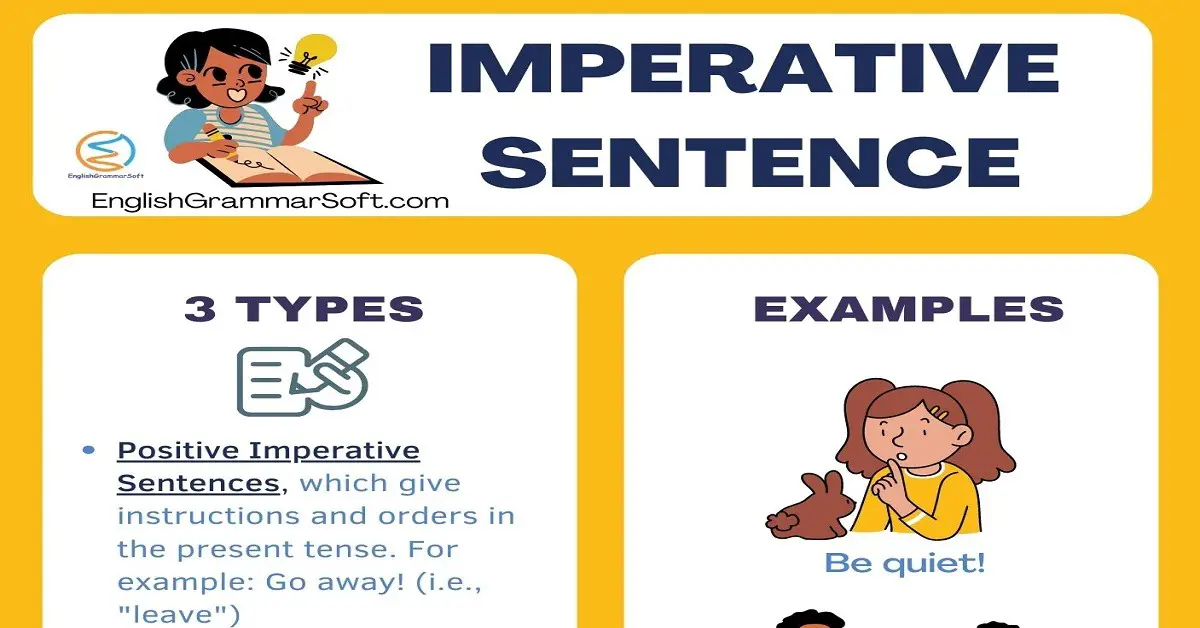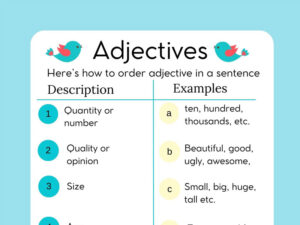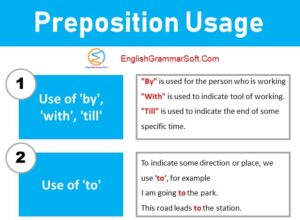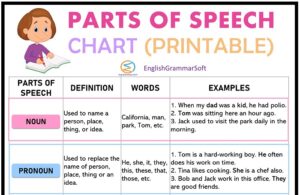Imperative Sentences with Examples (Question Tags, Positive and Negative)
Imperative sentences are a very important part of communication. When you want someone to do something, it is best to use an imperative sentence. This will make it clear to the person that you are talking to that you expect them to do what you are telling them to do.
Imperative sentences are sentences that give commands or instructions. They are usually used when the speaker wants the listener to perform some action. For example, “Please give me a glass of water.”, “Don’t be late for the meeting.”, “Let’s go to the movies tonight!”. Imperative sentences are usually short and to the point. This is because when you are giving an order, you want the person to understand what you are saying and to do it quickly. If you use a lot of words, the person may not understand what you want them to do, or they may get confused.
What does imperative sentence mean?
An imperative sentence is a sentence that gives an order or a command. The person who is speaking is telling the person they are talking to do something. An example of an imperative sentence would be “Close the door.” In this sentence, the speaker is telling the person they are talking to close the door.
When you are giving someone an order, it is important to use imperative sentences. This will make it clear to the person that you are talking to that you expect them to do what you are telling them to do. If you use other types of sentences, such as questions or statements, the person you are talking to may not understand that you want them to do something.
Types of Imperative Sentences
There are three types of imperative sentences:
1) Positive Imperative Sentences, which give instructions and orders in the present tense. For example: Go away! (i.e., “leave”)
2) Negative Imperative Sentences, which give instructions and orders in the present tense. For example: Don’t go away! (i.e., “stay”)
3) Imperative Sentences with modal verbs, which give instructions and orders in the present tense or future tense. For example: You must go away! (i.e., “You have to leave.”)
Imperative Sentence vs Declarative
An imperative sentence is a command or order. It is a sentence that contains an action word, such as “run” or “eat”. The person being spoken to is often left out of the sentence, but it can be included if desired. Examples are:
- Give me your book.
- Don’t take my book.
Declarative sentences, on the other hand, are statements that make a statement about something that is true or real. There is usually a subject and verb in declarative sentences. They can be either positive or negative, but they don’t always need to be written with an exclamation mark at the end. Examples are:
- The sky is blue. (positive)
- I don’t love you. (negative)
Declarative sentences end with a period (.) while imperative sentences end with a period or exclamation mark (!)
How to make imperative sentences?
Imperative sentences are used to give direct commands or make requests. They are often used with the imperative mood.
The imperative mood is a grammatical mood that indicates a command, request or prohibition. It is used in many languages such as English and French.
In English, imperative sentences are formed using the base form of a verb (the infinitive without “to”). For example: “Listen.”
In French, there are two forms of verbs: -er verbs that end in -er have an ending that changes slightly depending on the subject pronoun (je/tu/il/elle/nous/vous). For example: “Écoute-moi!” (“Listen to me!”) or “Écoutez-moi!” (“Listen to me!”) -re and -ir verbs have different endings for affirmative and negative situations: affirmative: “-e” or “-es” after “tu”, “-ons” after “nous”, “-ez” after “vous”; negative: “-es” or “-e” after “tu”, “-ons pas” after “nous”, “-ez pas” after “vous”. For example: “Ecoute!” (“Listen!”)
Some common rules (points to remember)
These are some general points for imperative sentences.
- Sentences are imperative when they demand or request an action to be taken.
- Imperative sentences can be used for giving orders, making requests, or issuing warnings.
- In English, imperative sentences are in the second person (you).
- To make a sentence more polite or less demanding, use the word please before the verb
- Here’s an example of how to use an imperative sentence in a sentence: Please close the door!
Simple Imperative Sentence Examples
Some imperative sentences are very short and even may consist of one word. These are the examples of simple imperative sentences.
- Go away!
- Come here!
- Be quiet!
- Sit down!
- Let’s go shopping.
- Go there!
- Do this!
- Believe me!
- Stay here!
- Run!
- Open your book!
- Don’t move!
- Stop fighting!
Imperative Sentences Positive and Negative
Imperative sentences have two forms: positive and negative.
Positive Imperative Sentences
The positive imperative tells someone to do something:
Example:
- Please close the door behind you.
- Do your work!
- Let’s start walk!
- Come here!
Negative Imperative Sentences
The negative imperative tells someone not to do something:
Examples:
- Don’t go outside without your jacket on.
- Do not sit down.
- Do not go to your room.
- Do not leave the office.
Question Tag for Imperative Sentences
To make question tags for imperative sentences, keep in mind these simple rules.
To form question tag in positive sentences, we use “will you” after the instruction, command or request. For example,
- Come here, will you?
- Close the door, will you?
In case of negative meaning, we use won’t at the end. See the examples
- Please open the door, won’t you?
- Give me some water, won’t you?
To form a tag question in sentences starting with “Let’s”, we use “shall we” at the end. Examples are:
- Let’s go shopping, shall we?
- Let’s drink coffee, shall we?
Some sentences start with “Let”, for example, Let him go! In such sentences we use “will you” in question tag. See the examples below:
- Let him him go, will you?
- Let me go for a walk, will you?
If a sentences start “don’t”, we use “will you” in question tag, for example,
- Don’t disturb me, will you?
- Do not take my book, will you?
30 Examples of Imperative Sentences
It is also important to use imperative sentences when you are in a position of authority. For example, if you are a teacher and you tell your students to do something, they are more likely to do it if you use an imperative sentence. If you use a different type of sentence, such as a question, they may think that they don’t have to do it or that they can choose whether or not to do it.
- Clean up your room.
- Get me a coffee.
- Make your bed.
- Do your homework.
- Take out the trash.
- Wash the dishes.
- Vacuum the floor.
- Dust the furniture.
- Put away your clothes.
- Feed the dog.
- Walk the cat.
- Don’t touch that!
- Sit down and be quiet!
- Get out of my sight!
- Give me that!
- Stop right there!
- Leave me alone!
- Show me what you’ve got!
- Help me with this, please!
- Do your homework!
- Eat your vegetables!
- Drink plenty of water.
- Get a good night’s sleep.
- Take a break from studying.
- Go for a walk outside.
- Talk to a friend.
- Do some deep breathing exercises.
- Listen to calm music.
- Stretch your body.
- Write down what you’re grateful for today.
- Get out of here!
- Go to your room!
- Do your homework!
- Take out the trash!
- Brush your teeth!
- Comb your hair!
- Put on your shoes!
- Eat your vegetables.
- Stop talking and start listening.
- Close the door behind you.
- Do your homework before you watch TV.
- Brush your teeth before you go to bed.
- Get dressed for school.
- Hang up your coat when you come inside.
- Put your toys away before you leave the room.
- Stop talking and pay attention!
- Close your eyes and count to ten.
- Take out your books and open them to page fifty-three.
- Get up and turn on the lights!
- Put your pencils away and listen carefully.
- Go to the office and see Mrs. Smith.
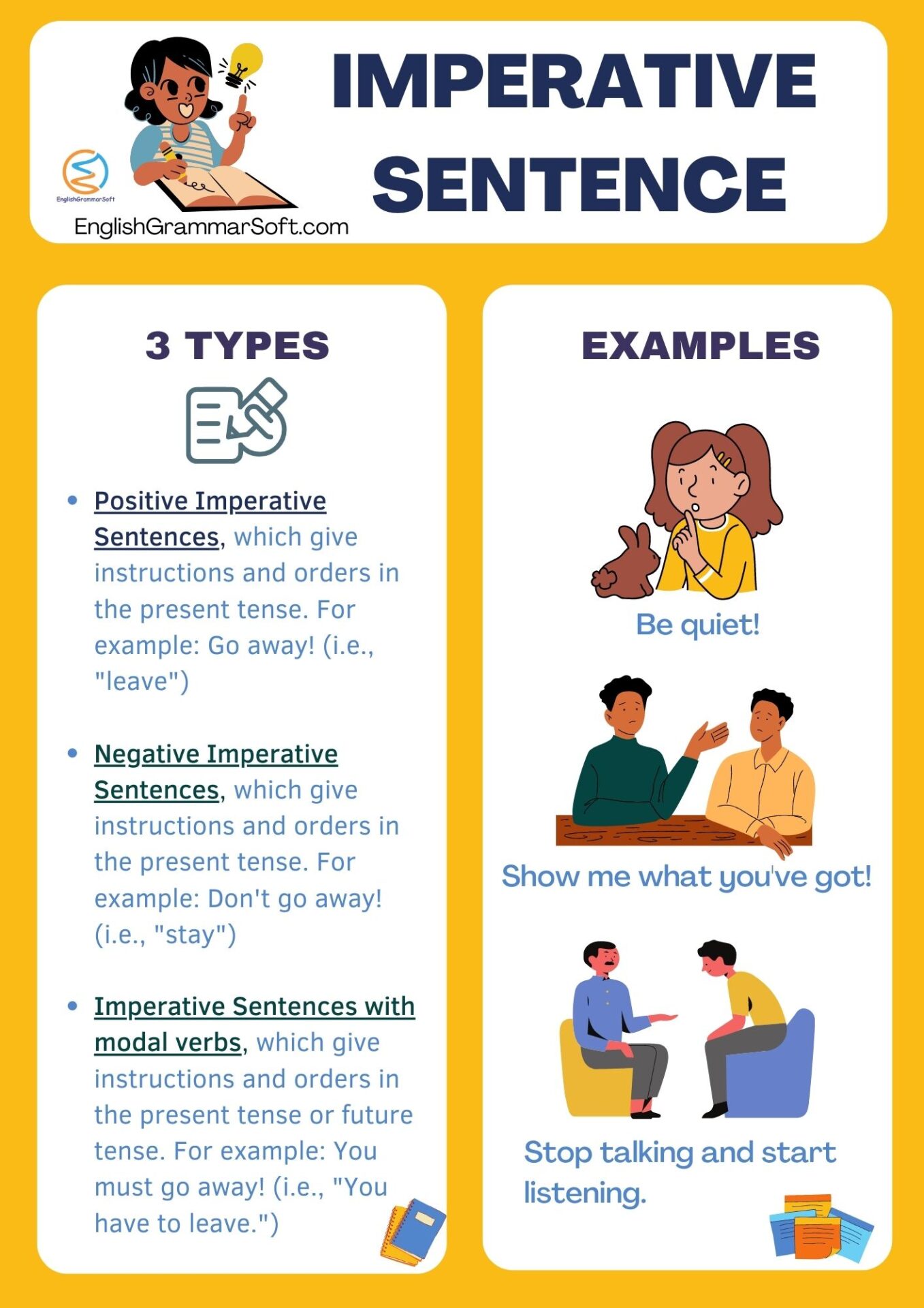
Further Reading
- Types of Sentences
- 120 Examples of Simple Sentences
- What are simple sentences in English?
- Simple, Complex and Compound Sentences
- How many Sentences are in a Paragraph?
